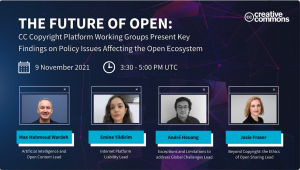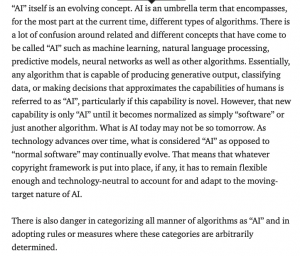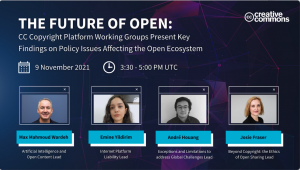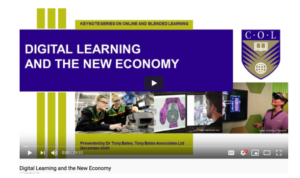Tony Bat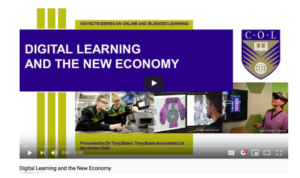 es has released a series of five 40-50 minute keynotes which an be downloaded without cost from the Commonwealth of Learning’s online institutional repository for learning resources and publications, OAsis, under a Creative Commons license. The subjects of the keynotes are:
es has released a series of five 40-50 minute keynotes which an be downloaded without cost from the Commonwealth of Learning’s online institutional repository for learning resources and publications, OAsis, under a Creative Commons license. The subjects of the keynotes are:
- Developing quality blended learning courses
- Digital learning and the new economy
- New technologies and their potential and limitations for teaching and learning
- Ten lessons for online learning from the Covid-19 experience (based on research findings)
- Online learning in the (k-12) school sector
The intention is that these can be streamed during virtual conferences, included in education and training programs, or watched individually. As James Clay says on Twitter: "I think this is an interesting concept for future online events. However there is a difference between YouTube or Netflix and an online conference. How do you add value to an event so that it is more than just streamed video?"
I went to a couple of events last week that were trying different formats. One was a professorial inaugural lecture by Bob Harrison who, it seems insisted on prerecording his presentation so he could actively participate in the accompanying chat. The other was the OECD conference on AI and the Future of Work, where the real value was not presentations as such but great (and well prepared moderation of panels of speakers, with limited opportunities for particpant questioning.
However, coming back to Tony Bates's video keynotes, the real value I see with these is with remixing. They are released under a Creative Commons attribution, share alike license which means they are free to remix. This allows using (in my case short) clips from the video in Open Educational Resources for a MOOC we are developing on AI for vocational teachers and trainers and part of the taccle AI project. I'm going to have a go this afternoon.
